Functioning Apple-1 computer sells for $375,000 at auction
Only 15 examples of the 60 remaining original devices are in working order
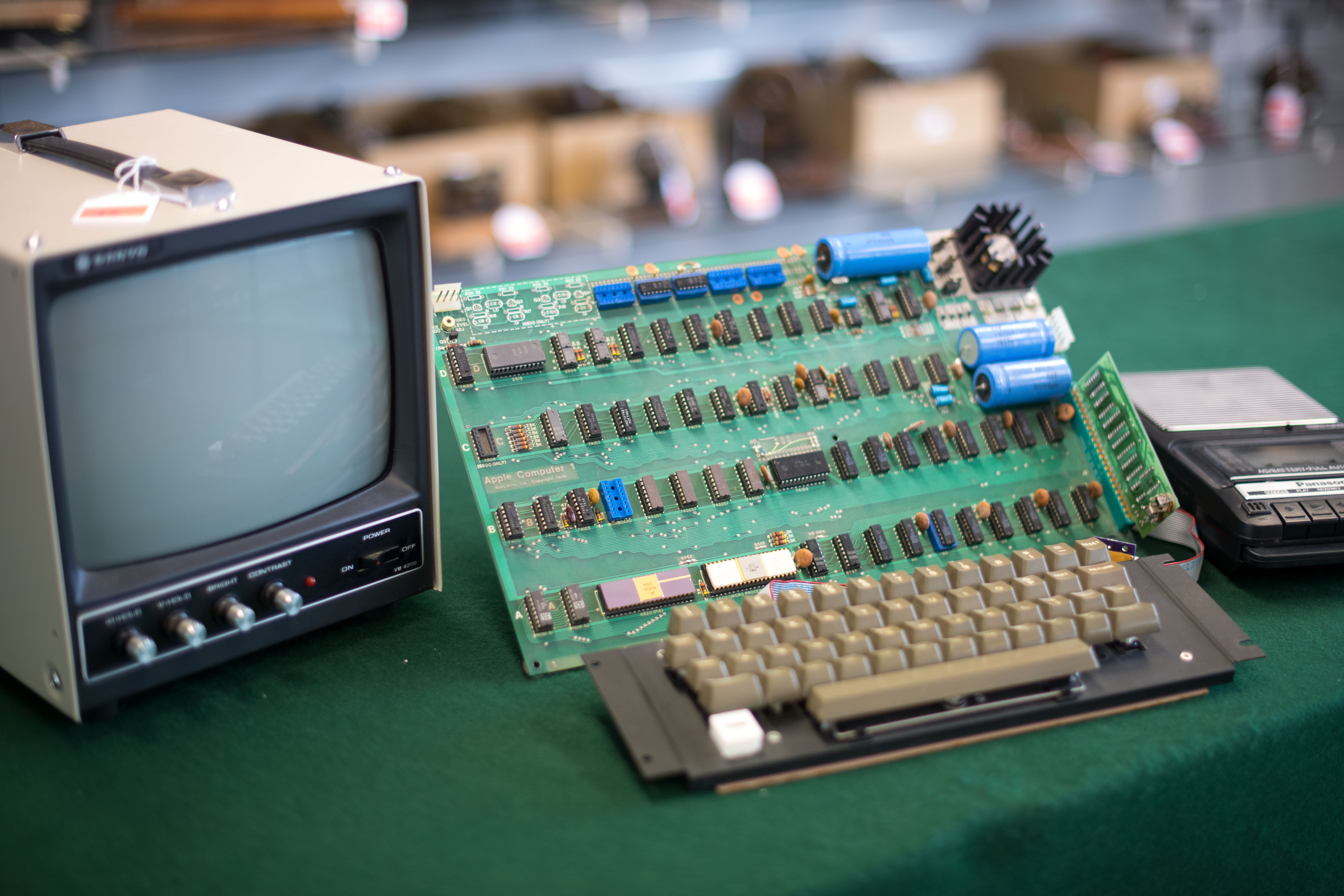
A free daily email with the biggest news stories of the day – and the best features from TheWeek.com
You are now subscribed
Your newsletter sign-up was successful
One of the first Apple computers ever made has fetched $375,000 (£285,000) at auction.
The device was snapped up by an anonymous online buyer during a sale at Boston-based RR Auctions yesterday - significantly beating the estimated target price of $300,000 (£230,000).
The Apple-1 was originally conceived by company co-founders Steve Jobs and Steve Wozniak in 1976 as a bare circuit board for programming enthusiasts.
The Week
Escape your echo chamber. Get the facts behind the news, plus analysis from multiple perspectives.

Sign up for The Week's Free Newsletters
From our morning news briefing to a weekly Good News Newsletter, get the best of The Week delivered directly to your inbox.
From our morning news briefing to a weekly Good News Newsletter, get the best of The Week delivered directly to your inbox.
But under the advice of Paul Terrell, owner of one of the world’s first computer shops, the pair decided to sell the device as a fully assembled kit in a bid to reach a wider audience.
Speaking to the BBC, Wozniak says that he and Jobs “might have made 150 Apple-1 boards”, each priced at $666.66 (£506.88).
“It’s fair to say that the Apple-I was the first personal computer, depending on how you define personal. The Apple-1 and Apple-2 took steps that had never been taken before,” Wozniak added.
Only around 60 examples of the Apple-1 are believed to be in existence today, says CNet. The company offered a discount to customers if they traded in their Apple-1 computer for a second-generation model, and many of the old devices were then destroyed.
A free daily email with the biggest news stories of the day – and the best features from TheWeek.com
The newly sold model is especially rare, as one of just 15 remaining Apple-1 computers that are in working order, according to RR Auction’s Bobby Livingston.
The device was restored by Apple-1 expert Corey Cohn in June, MacRumors reports.
-
 Switzerland could vote to cap its population
Switzerland could vote to cap its populationUnder the Radar Swiss People’s Party proposes referendum on radical anti-immigration measure to limit residents to 10 million
-
 Political cartoons for February 15
Political cartoons for February 15Cartoons Sunday's political cartoons include political ventriloquism, Europe in the middle, and more
-
 The broken water companies failing England and Wales
The broken water companies failing England and WalesExplainer With rising bills, deteriorating river health and a lack of investment, regulators face an uphill battle to stabilise the industry
-
 Will AI kill the smartphone?
Will AI kill the smartphone?In The Spotlight OpenAI and Meta want to unseat the ‘Lennon and McCartney’ of the gadget era
-
 Is Apple’s Tim Cook about to retire?
Is Apple’s Tim Cook about to retire?Today's Big Question A departure could come early next year
-
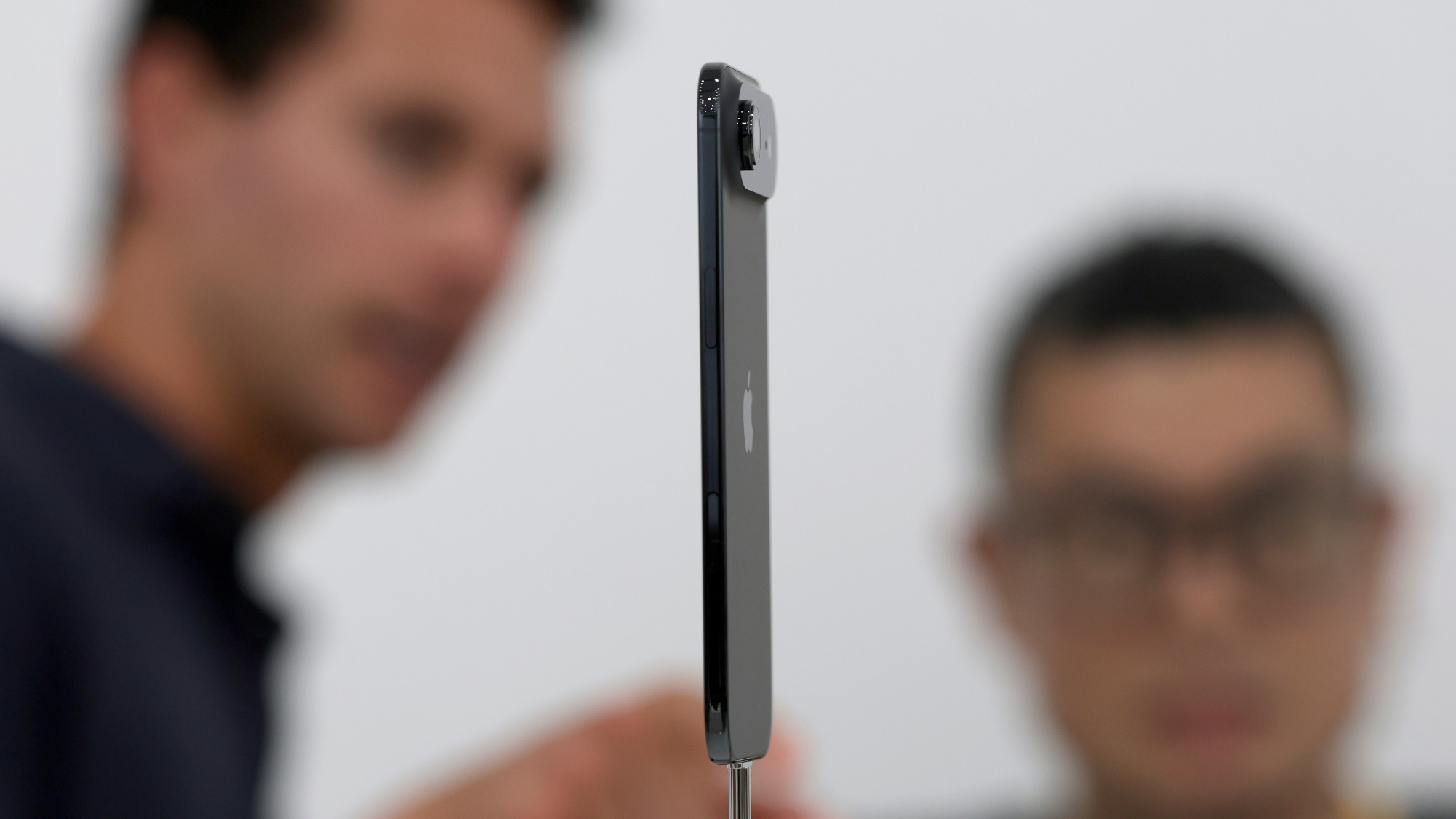 iPhone Air: Thinness comes at a high price
iPhone Air: Thinness comes at a high priceFeature Apple’s new iPhone is its thinnest yet but is it worth the higher price and weaker battery life?
-
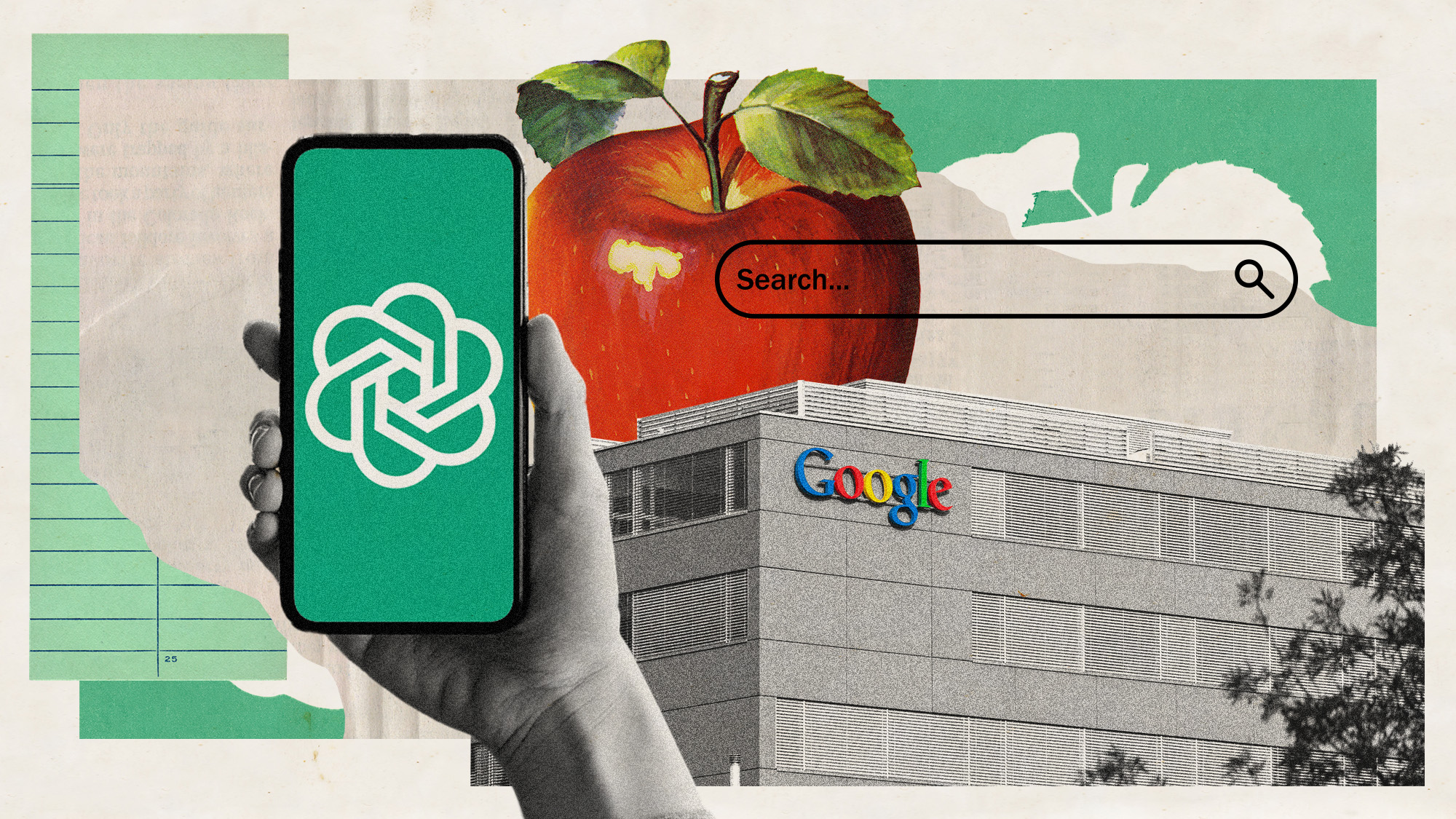 Is Apple breaking up with Google?
Is Apple breaking up with Google?Today's Big Question Google is the default search engine in the Safari browser. The emergence of artificial intelligence could change that.
-
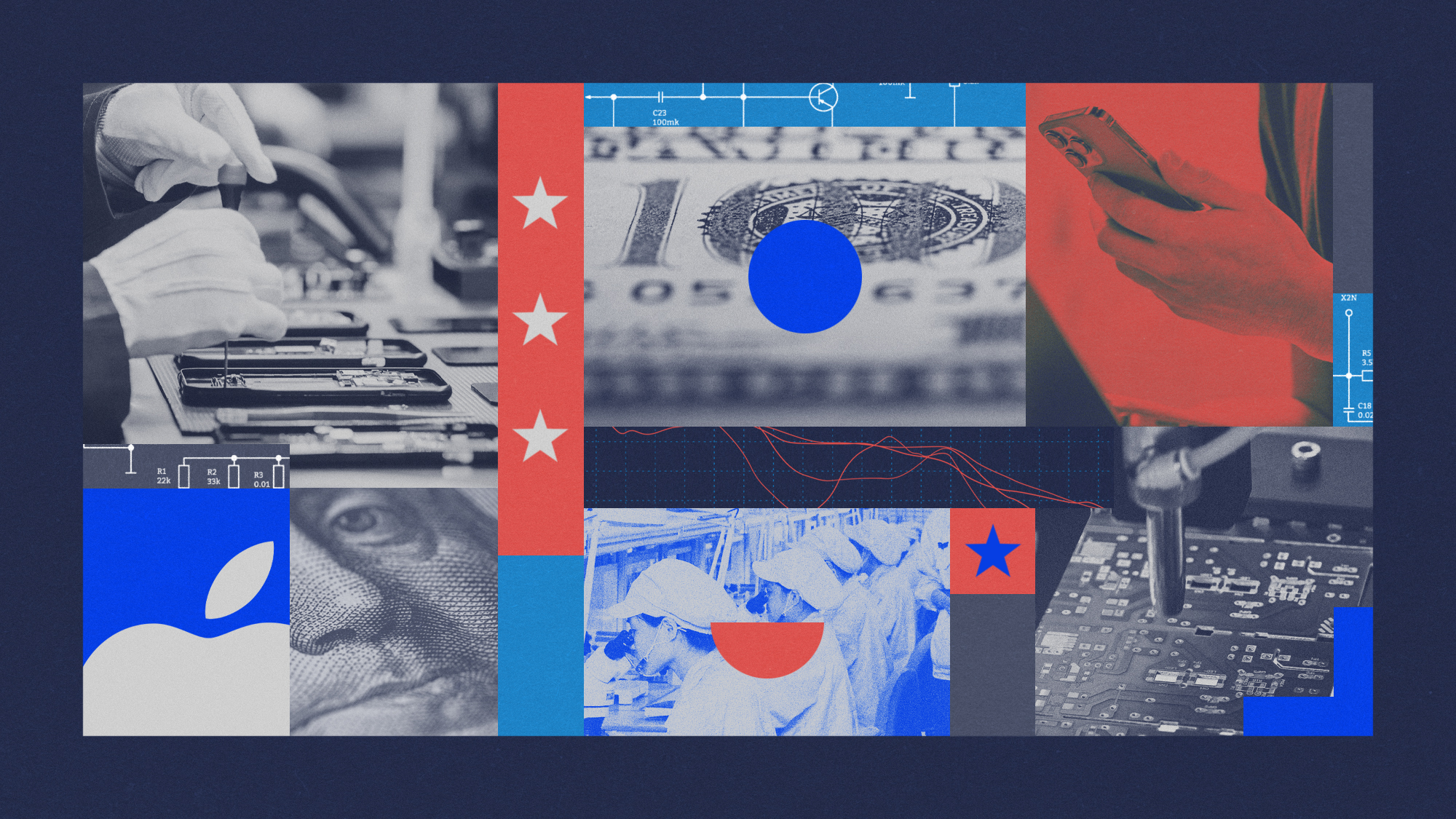 Why won't Apple make iPhones in America?
Why won't Apple make iPhones in America?Today's Big Question Trump offers a reprieve on tariffs, for now
-
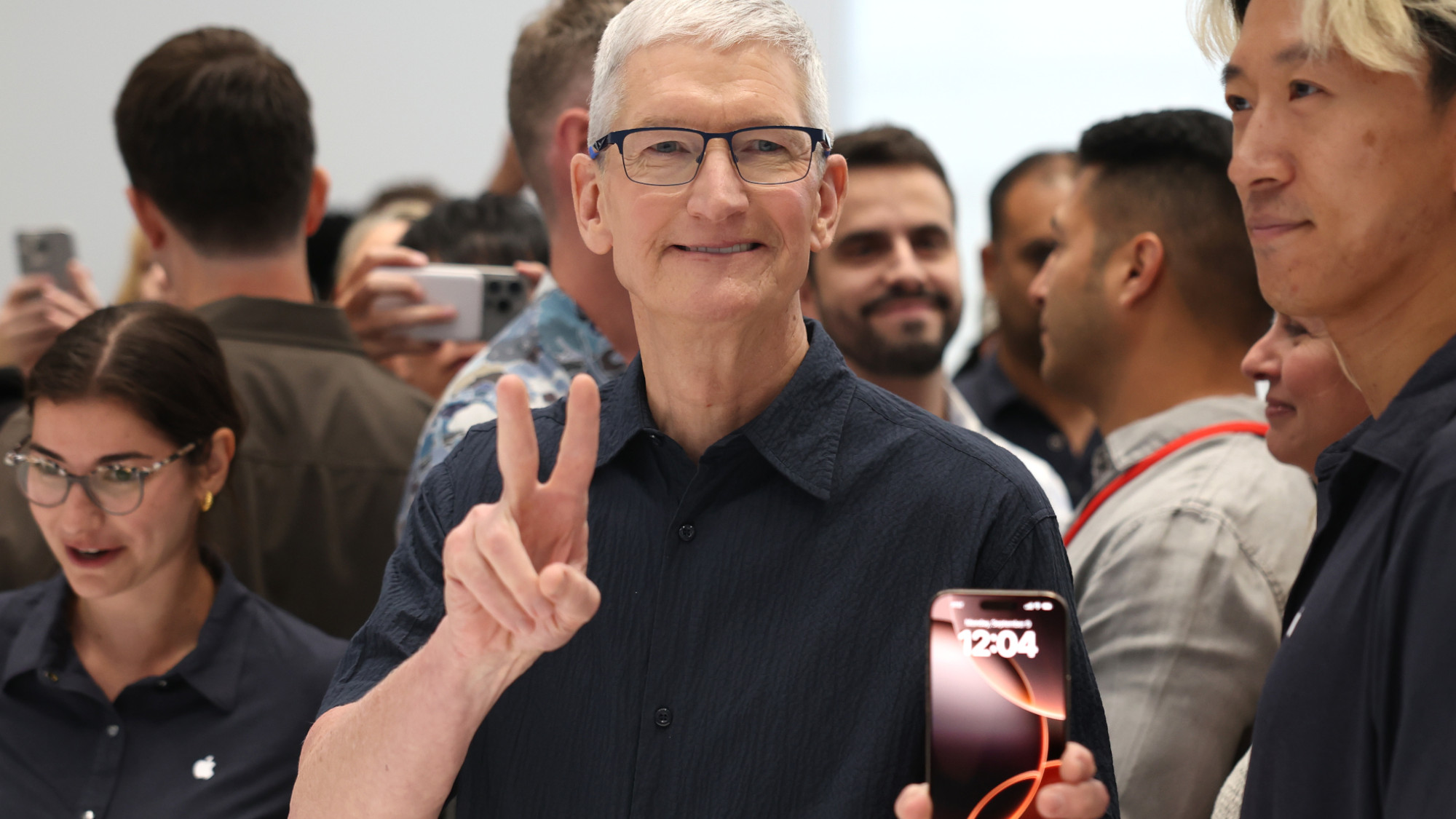 Not there yet: The frustrations of the pocket AI
Not there yet: The frustrations of the pocket AIFeature Apple rushes to roll out its ‘Apple Intelligence’ features but fails to deliver on promises
-
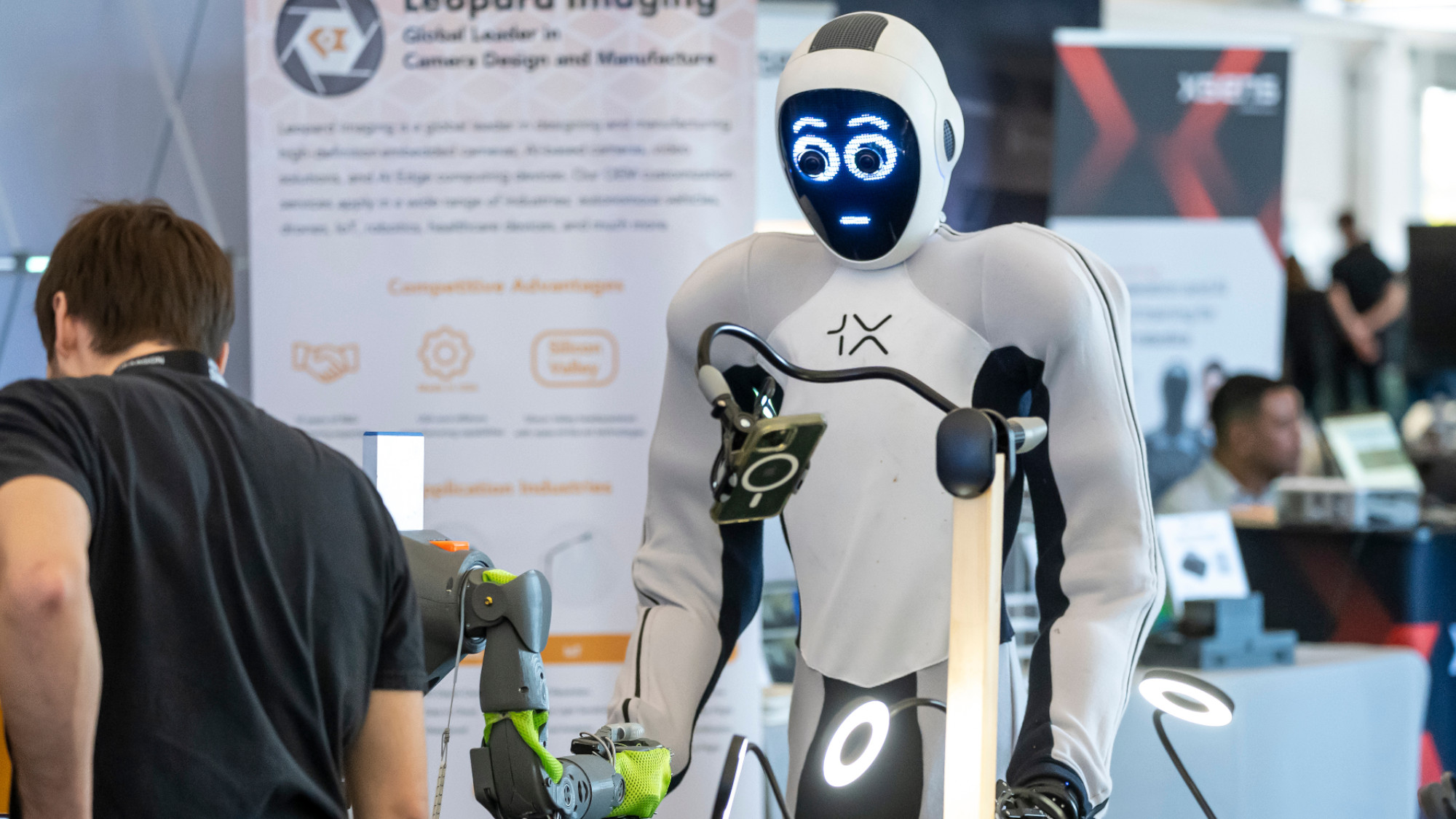 Space-age living: The race for robot servants
Space-age living: The race for robot servantsFeature Meta and Apple compete to bring humanoid robots to market
-
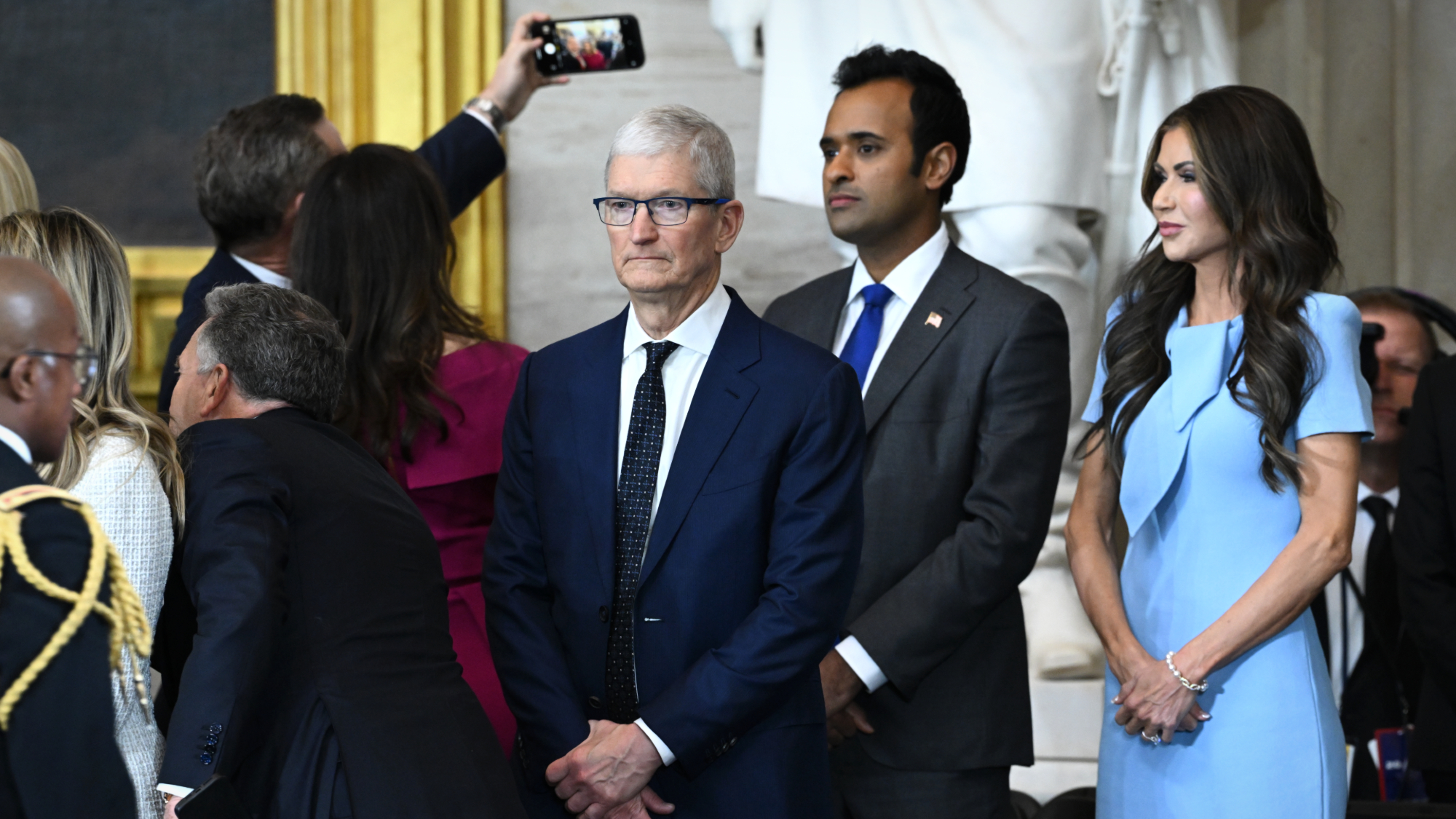 Apple pledges $500B in US spending over 4 years
Apple pledges $500B in US spending over 4 yearsSpeed Read This is a win for Trump, who has pushed to move manufacturing back to the US